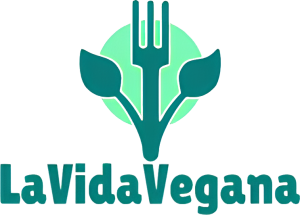Although a vegan diet is acclaimed for its ethical and health-conscious stance, it is vital also to be conscious of certain non- plant-based foods that do not go down with the purpose of living a plant-based lifestyle. Keeping these things at bay helps to come to a more conscious and cruelty-free vegan standard.
Processed Vegan Junk Food: Just because an item is labeled vegan does not always mean that it is the best option for consuming health foods. From experience, processed vegan snacks, desserts, and convenience foods have a high level of sugar, unhealthy fats, and additives. Adopting whole and non-processed plant foods represent the best option from the perspective of nutritious and health-conscious diet.
Palm Oil: Contrary to many believe that the palm oil is plant-derived, destroying of forests and wildlife habitats encompasses its production. Going mindful of where it is sourced and using the alternatives paves the way with the least environmental impact for the palm oil.
Refined Sugar: Certain types of sugars are subjected to whitening processes which may use bone char as agent. Vegans often resort to unrefined cane sugar or substitutes such as maple syrup, agave nectar, and date sugar in order to remain ethical in regards to their diet.
Non-Vegan Additives: Several additives employed in processed foods are derived from animal sources. Label reading and using only ingredients like agar-agar, carminic acid or allowed colors are some of the vegan option requirements.
Certain Alcoholic Beverages: Some alcoholic beverages, mainly some beers and wines, may undertake the fining process which leads to animal-derivatives such as isinglass (fish bladder) or egg whites usage. The carious properties of vegan alcohol and the animal-testing issue help maintain ethical consistency.
Unsustainable Foods: While some plant-based food products like quinoa or almonds can also be associated with environmental concerns through wasteful farming practices. Having in mind the impact of food choices on the environment and looking for sustainable alternatives align with the broader ethical objectives of a vegan compassionate diet.

